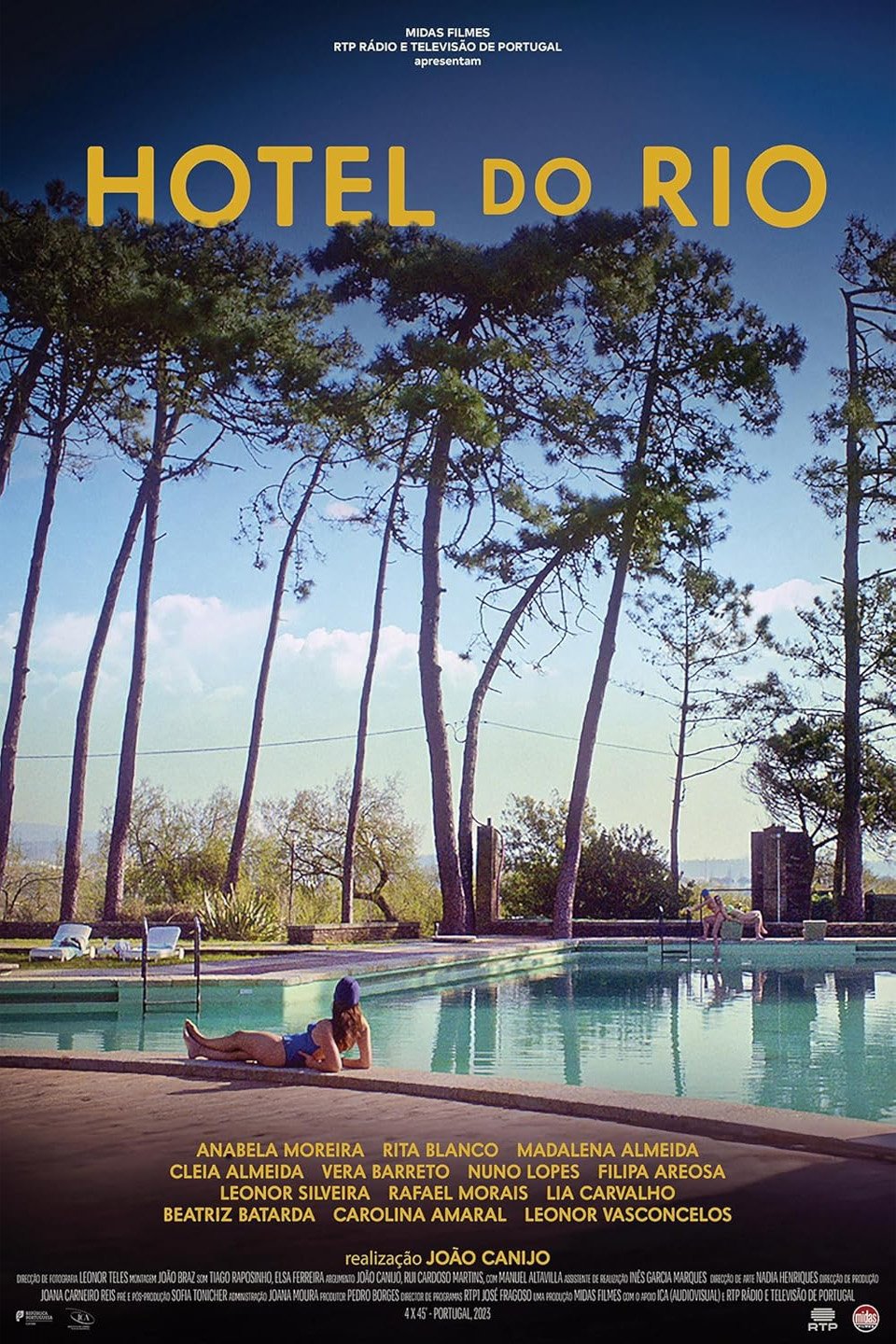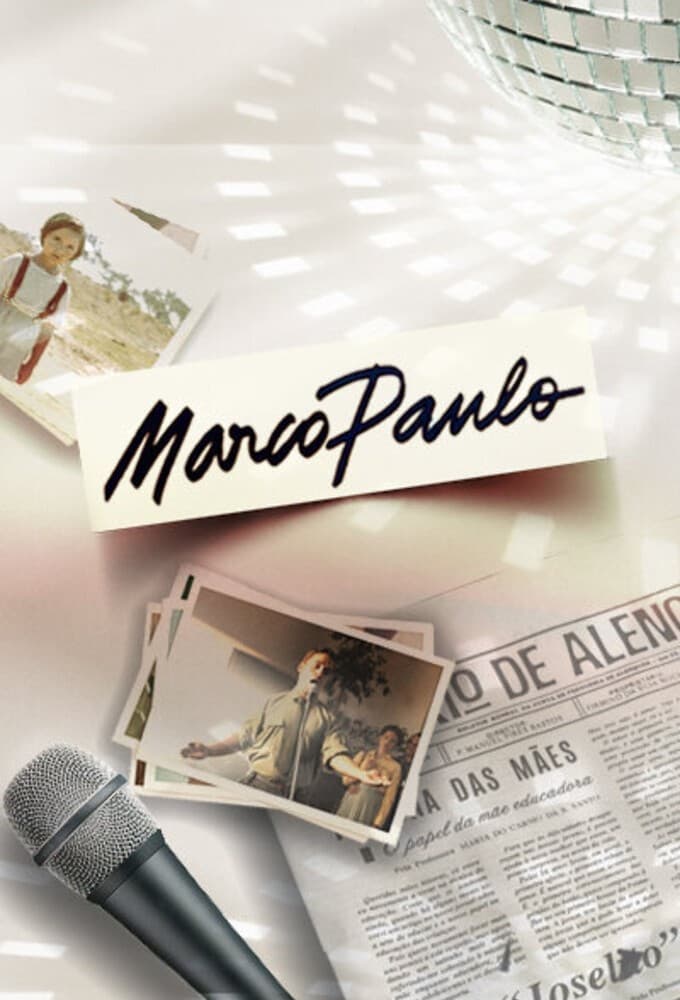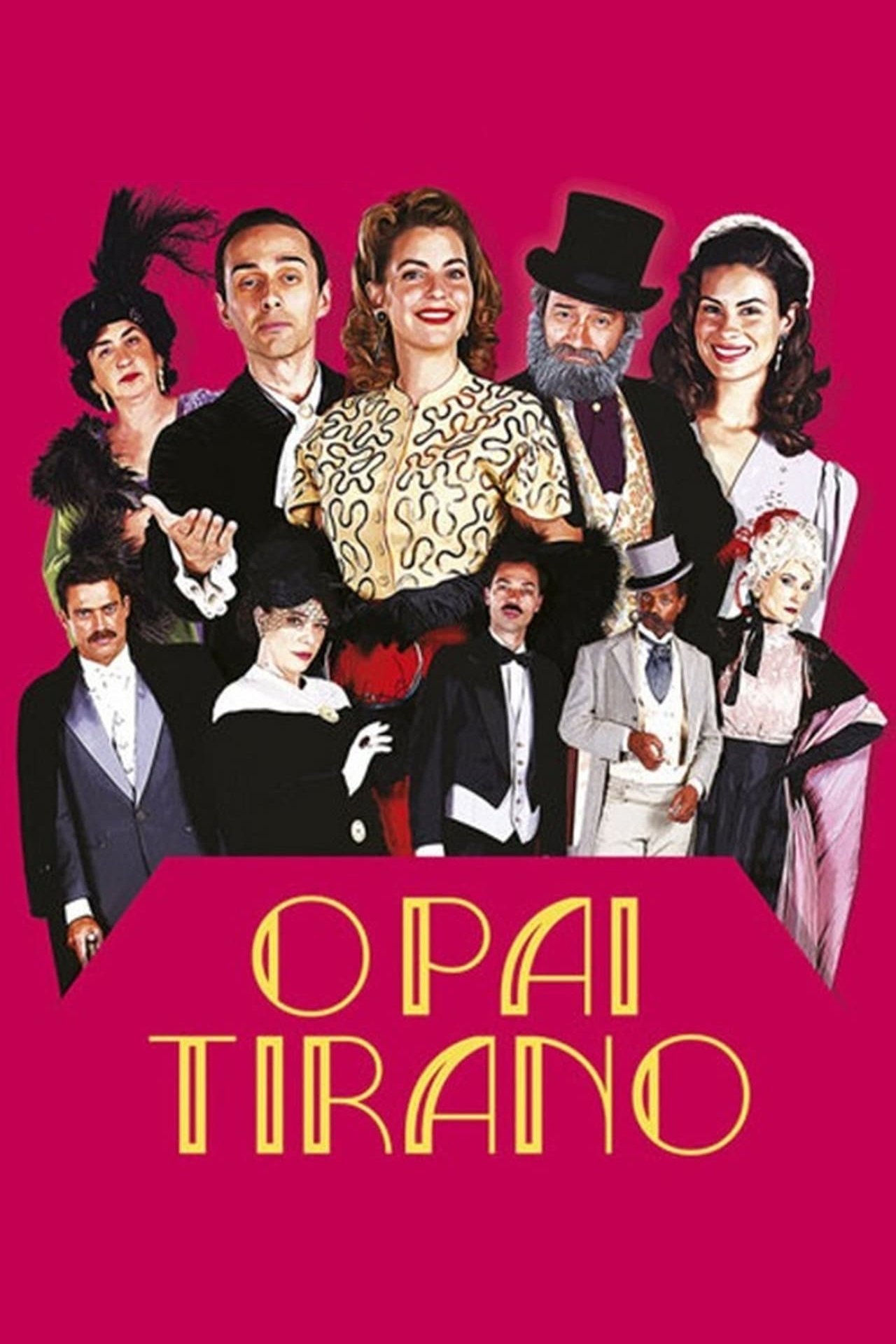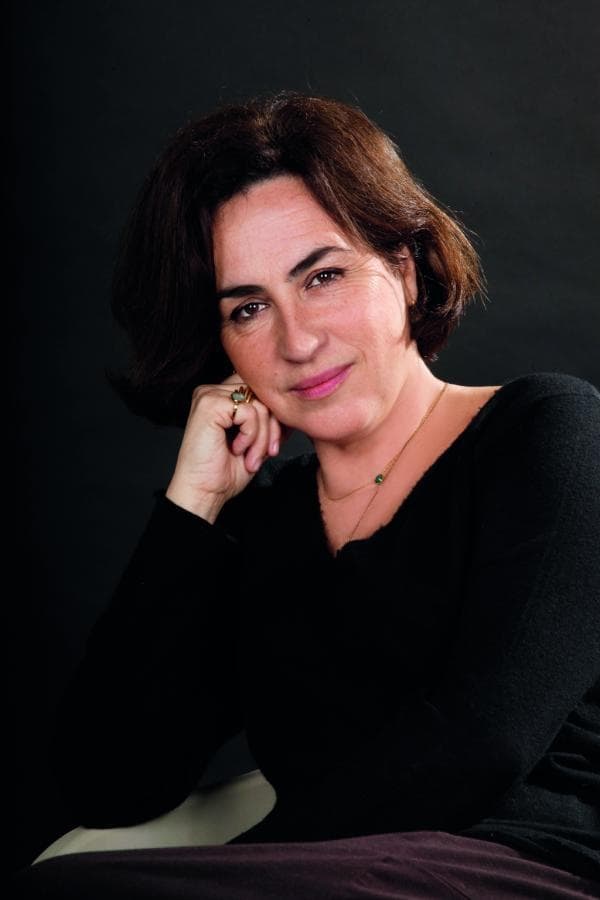

Estreia-se como actriz na peça Mariana Espera Casamento, de Jean-Paul Wenzel, sob a direcção de Luís Miguel Cintra, em 1983. Conclui o Curso de Formação de Actores do Conservatório Nacional, em 1985. Ainda no Teatro da Cornucópia representou Perversões de David Mamet, dirigida por Miguel Guilherme e José Pedro Gomes; Antes que a Noite Venha de Eduarda Dionísio, com Adriano Luz; Sangue no Pescoço do Gato de Fassbinder, com Luís Miguel Cintra. Em 1989 participou em Como é Diferente o Amor em Portugal, adaptação da obra de Júlio Dantas, dirigida por Fernando Gomes. Nunca Nada de Ninguém de Luísa Costa Gomes, encenado por Ana Tamen valeu-lhe a nomeação para o Prémio Garrett para a Melhor Interpretação Feminina (1991). Em 1997 participou em Peter Pan de James Barrie, encenado por António Pires no São Luiz. No cinema foi dirigida por João Botelho (1994 - Três Palmeiras; 1999 Tráfico; 2003 - A Mulher Que Acreditava Ser a Presidente dos EUA; 2005 - O Fatalista), João Mário Grilo (1998 - Longe da Vista; 2002 - A Falha; 2000 - 451 Forte), José Nascimento (2000 - Tarde Demais), Teresa Villaverde (1998 - Os Mutantes), Manoel de Oliveira (1998 - Inquietude), João César Monteiro (1992 - O Último Mergulho) ou Jorge Silva Melo (1987 - Agosto; 1985 - Ninguém duas Vezes). Na televisão, apareceu em A Mala de Cartão (1988) série que contava com a participação de Irene Papas. Trabalhou junto do humorista Herman José, em Casino Royal (1989), Crime na Pensão Estrelinha (1990) e Serafim Saudade - o regresso do Herói (2001). Participou ainda em Sai da Minha1996, Médico de Família (1998/2000), A Minha Sogra é uma Bruxa (2003), na telenovela Tempo de Viver (2006) de Rui Vilhena (a sua estreia na TVI e em telenovelas) Conta-me como Foi (2007-2009). Apresentou com Henrique Mendes o concurso Caça ao Tesouro (1994). Em 2011 após 2 anos de ausência, regressa à televisão em grande dose trabalhando nos 3 canais Portugueses generalistas: primeiro na sitcom da SIC A Família Mata, depois no telefilme da TVI O Profeta e por fim na 2ª temporada da Série da RTP Maternidades. Salienta a sua colaboração com o encenador e cineasta João Canijo. Com ele trabalhou no teatro (1988 - Crimes do Coração de Beth Henley; 1987 - Jogos de Praia de Whitehead; 1994 - Confissões ao Luar de Eugene O'Neill; 2002 - Sete Vidas de Rosa Lobato de Faria), no cinema (1988 - Três Menos Eu (Festival Les Stars De Demain); 1990 - Filha da Mãe; 2001 - Ganhar a Vida; 2004 - Noite Escura) e na televisão (1990 - Alentejo sem Lei; 1996 - Sai da Minha Vida). Premiada em 2002 e 2012 com o Globo de Ouro na categoria de Melhor Actriz de Cinema, com Ganhar a Vida e Sangue do meu Sangue de João Canijo. Foi homenageada no Festival de Santa Maria da Feira em 2004. Em 2012, foi considerada na Gala SPAUTORES, a melhor actriz de cinema, devido à sua interpretação no filme Sangue do meu Sangue
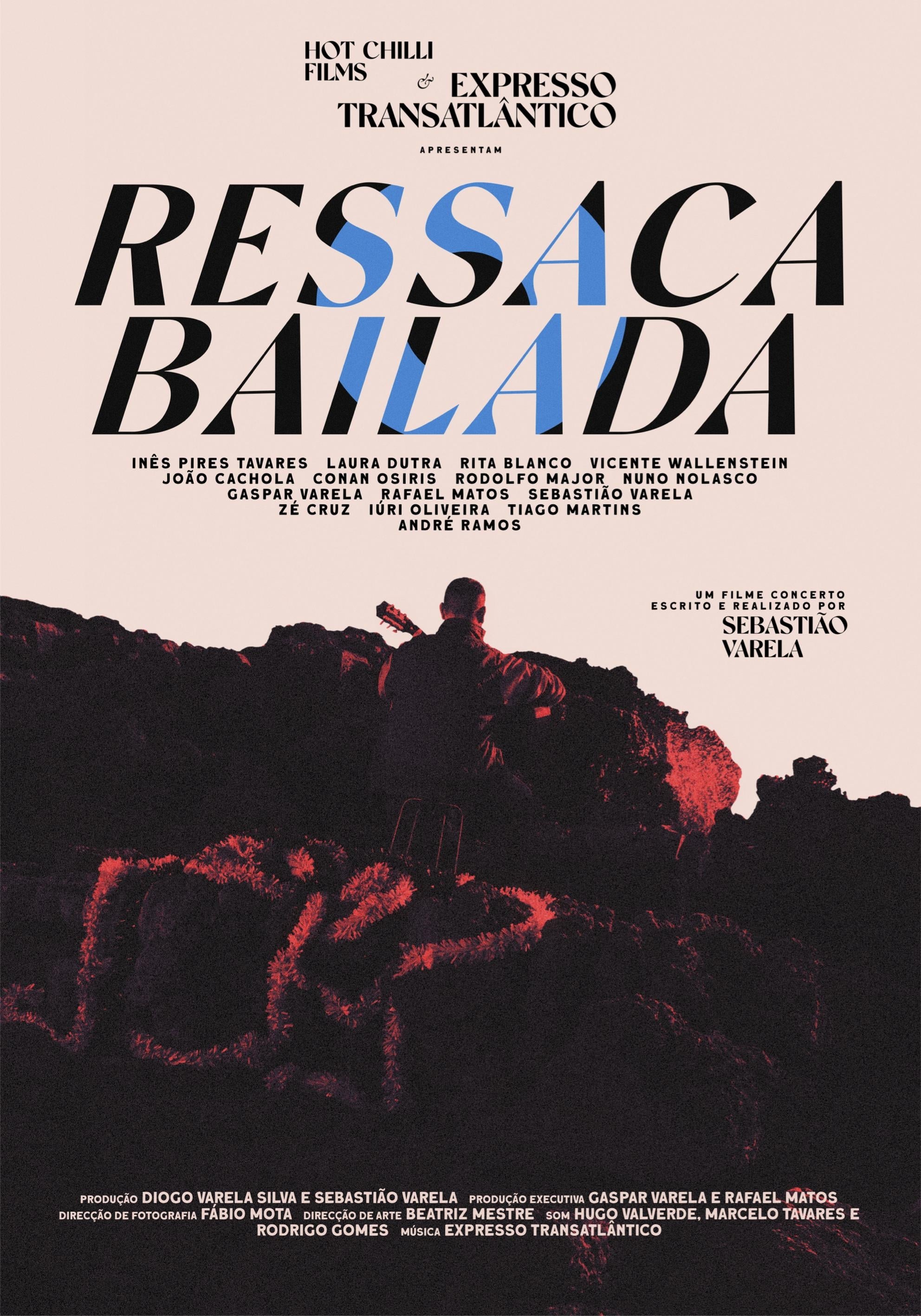
A large, time-worn house sits on a towering, untouchable pedestal....
